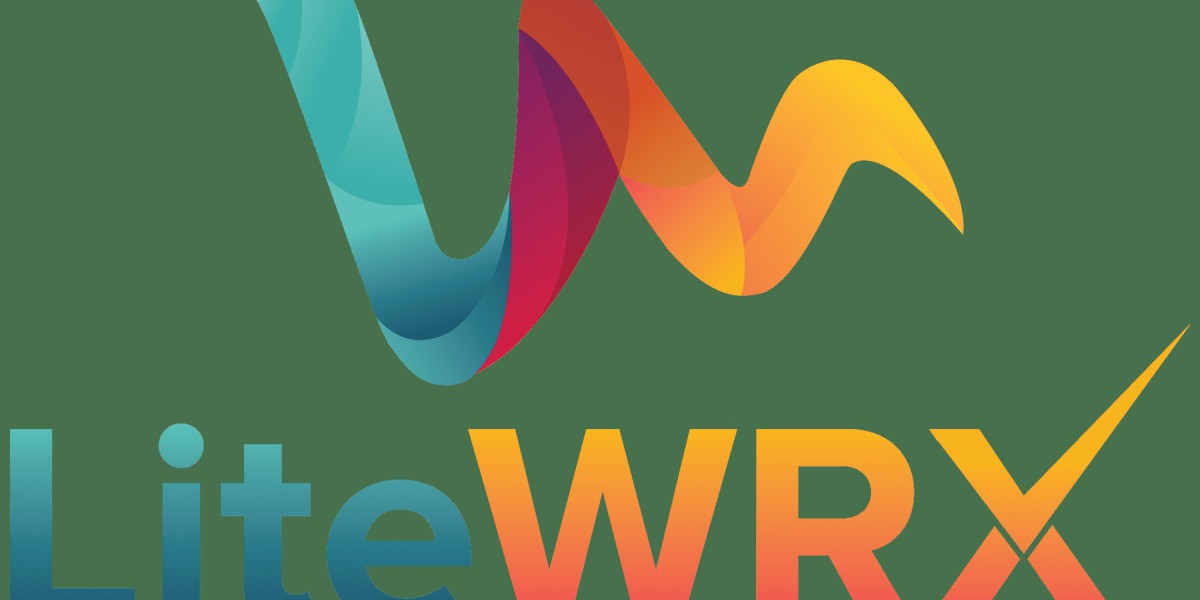Canada is renowned for its high-quality education system, multicultural society, and welcoming stance toward international students. Alongside a world-class education, studying in Canada opens doors to various permanent residency (PR) pathways, making it an attractive choice for students looking to establish their future in the country. Canada values the contributions of international graduates, and its government has implemented several programs to facilitate students’ transition to long-term residency. Here’s a detailed look at the main routes, requirements, and steps involved for international students who aspire to achieve PR after completing their studies in Canada.
1. Post-Graduation Work Permit (PGWP)
- After completing their studies, many international students are eligible for a Post-Graduation Work Permit (PGWP), which allows them to work in Canada for up to three years, depending on the length of their academic program. This work experience is crucial for students aiming for PR, as Canadian work experience significantly boosts their profile in the PR application process.
- Eligibility: To qualify, students must complete a program at a designated learning institution (DLI) in Canada and apply for the PGWP within 180 days of receiving their final transcript or completion letter.
2. Express Entry System
- The Express Entry system is one of the most popular pathways for skilled workers, including international graduates, to apply for PR. Candidates create a profile, and based on factors such as age, education, language skills, and work experience, they receive a Comprehensive Ranking System (CRS) score.
- International students who gain Canadian work experience through the PGWP are eligible for two main Express Entry programs:
- Canadian Experience Class (CEC): Designed for those with at least one year of skilled work experience in Canada. The CEC program is ideal for international students who accumulate work experience after graduation.
- Federal Skilled Worker Program (FSWP): This program targets skilled workers with foreign work experience, and international students may qualify based on prior work history abroad or their skills and education in Canada.
- Benefits: Express Entry is a fast-track option, with most applications processed within six months, making it appealing for those who wish to settle in Canada quickly.
3. Provincial Nominee Program (PNP)
- Canadian provinces and territories run their own Provincial Nominee Programs (PNPs), allowing them to nominate individuals for PR based on specific regional needs. Many provinces have dedicated streams for international graduates.
- Popular Streams:
- Ontario International Student Stream: This stream targets graduates from an Ontario university or college with job offers in the province.
- British Columbia International Graduate and Post-Graduate Streams: Open to those with job offers in British Columbia (graduate stream) or without job offers (post-graduate stream).
- Alberta Opportunity Stream: Designed for graduates working in Alberta who meet the Alberta Immigrant Nominee Program criteria.
- Benefits: A provincial nomination provides an additional 600 points to the CRS score in Express Entry, significantly enhancing the chances of receiving an invitation to apply for PR.
4. Quebec Immigration Programs
- Quebec operates a distinct immigration system, including pathways like the Quebec Experience Program (PEQ). International students who have graduated from a Quebec institution and demonstrate proficiency in French may qualify for PR through the PEQ.
- Advantages: The PEQ process can be quicker for eligible candidates, especially those with strong French language skills.
5. Atlantic Immigration Program (AIP)
- Graduates who have studied in Canada’s Atlantic provinces (Nova Scotia, New Brunswick, Prince Edward Island, and Newfoundland and Labrador) have a tailored pathway through the Atlantic Immigration Program (AIP). This program targets candidates with job offers in these provinces and does not rely on a CRS score, providing a straightforward pathway to PR for qualifying candidates.
Key Tips for Success
- Language Proficiency: High proficiency in English or French can boost eligibility in many immigration programs.
- Seek Professional Advice: Consulting an immigration advisor can clarify the complexities of Canada’s PR pathways, increasing the chances of a successful application.
- Work Experience: Canadian work experience gained through the PGWP is valuable for Express Entry and PNP applications.
Conclusion
- Achieving permanent residency Study in Canada after studying is realistic through multiple pathways, each with specific eligibility criteria. From the PGWP and Express Entry to provincial nominations and Quebec’s tailored programs, international graduates have ample options to establish a long-term future in Canada. With careful planning and strategic steps, transitioning from an international student to a Canadian permanent resident is a rewarding and achievable goal.
Studying in Canada not only provides a high-quality education but also opens doors to numerous pathways for a permanent and prosperous future.














